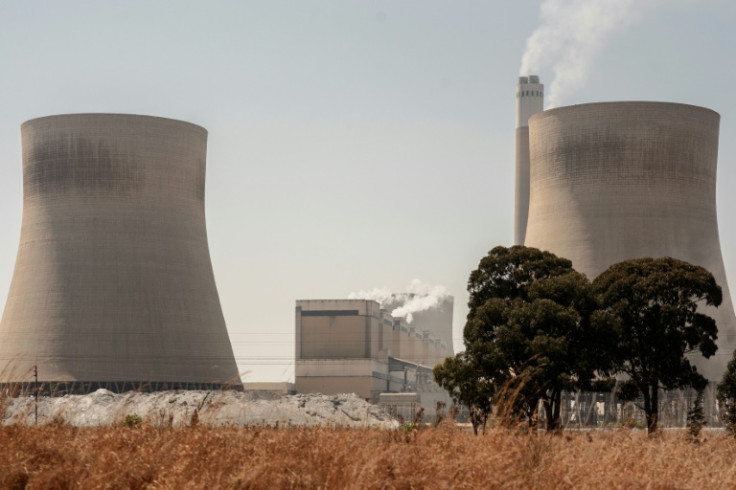Battle Lines Are Drawn: Green Infants Pick Up Fight With Stalwarts

As usual, European nations are lecturing on emissions, but developing nations, in which China, India, Brazil and South Africa are grouped, are in no mood to give in without a fight.
Currently, these nations are not in a position to follow the pre-emptive adoption of low-carbon pathways to differentiate their trade practices to post resilient growth as planned by the 27-member European Union (EU).
For them, food and energy security, growth and employment precede the transition to a low-carbon development strategy, which makes them financially and technologically less equipped to adopt green energy all of a sudden.
The EU has adopted the European Climate Law to reduce greenhouse gas (GHG) emissions by at least 55 percent compared with the 1990 level by 2030. For this purpose, the largest trade body has pieced together a "Fit for 55" package, containing legislative proposals like the Carbon Border Adjustment Mechanism (CBAM).
The CBAM aims to protect domestic industry's global competitiveness and prevent carbon leakage, curbing the transfer of production to places and countries with fewer climate policies where China, India, Brazil and South Africa are grouped. The carbon intensity of producing aluminum in China and India, for example, is estimated to be more than twice that of the EU, and more than 50 percent higher than in the U.S.
Currently, producers of basic materials and basic products outside the EU have a competitive advantage because they do not impose equivalent carbon costs.
The EU wants to arrest production increasingly taking place outside the EU because of cost advantages. The CBAM aims to end this phenomenon known as carbon leakage.
The BASIC, constituting Brazil, India, South Africa and China, known for their large economies that significantly use coal and fossil fuel, has voiced concerns about the EU policy and reiterated their right to use them in the interim period during the eventual transformation to clean energy sources.
"Unilateral measures and discriminatory practices, such as carbon border taxes, that could result in market distortion and aggravate the trust deficit amongst parties [signatory countries to the United Nations climate agreements], must be avoided, BASIC said in a joint statement.
The statement alleged that developed nations are unilaterally shifting responsibilities to developing countries.
From 2026, cement, fertilizer, iron and steel, electricity, and aluminum imports will face an additional tariff if the country of the source does not exact an equivalent price for the carbon under CBAM.
This will negatively impact nations like India as nearly 17 percent of total Indian exports in 2012 were shipped to the EU. More than 6 percent of Indian exports will fall under the CBAM purview. Iron and steel from India followed by aluminium will be the worst hit.
Developed countries are consistently pushing India and others to reduce their reliance on coal-fired electricity. But for India, coal accounts for around 50 percent of its installed power generation capacity. India is currently in no mood to change that.
In due course of time, CBAM will expand to cover organic chemicals, plastics, polymers and hydrogen, and eventually almost all carbon-intensive sectors.
The BASIC fears that if CBAM succeeds in its mission, the U.S. and Canada may follow suit as more than 70 nations have undertaken carbon neutrality commitments, including the biggest emitters - China and the U.S.
Consulting firm McKinsey estimates that the demand for green steel will increase by 2030. The demand for green goods, services and technologies, especially zero-carbon technologies, and new business avenues such as electric vehicles, lithium batteries and green hydrogen are dominating global supply chains. If the CBAM comes into force, BASIC will simply miss the bus in the future level of competitiveness.
In the statement, BASIC also flayed the double standard of developed countries. They have backtracked on finance and mitigation commitments and significantly increased consumption of fossil fuels in the past year, BASIC observed.
"Such double standards are incompatible," BASIC said.
Trade is no more about cost differences. Adherence to social values, especially concerning climate accountability, has come to the center stage. Green protectionism is the new mantra for the EU which BASIC sees as blues.
© Copyright 2025 IBTimes IT. All rights reserved.




















